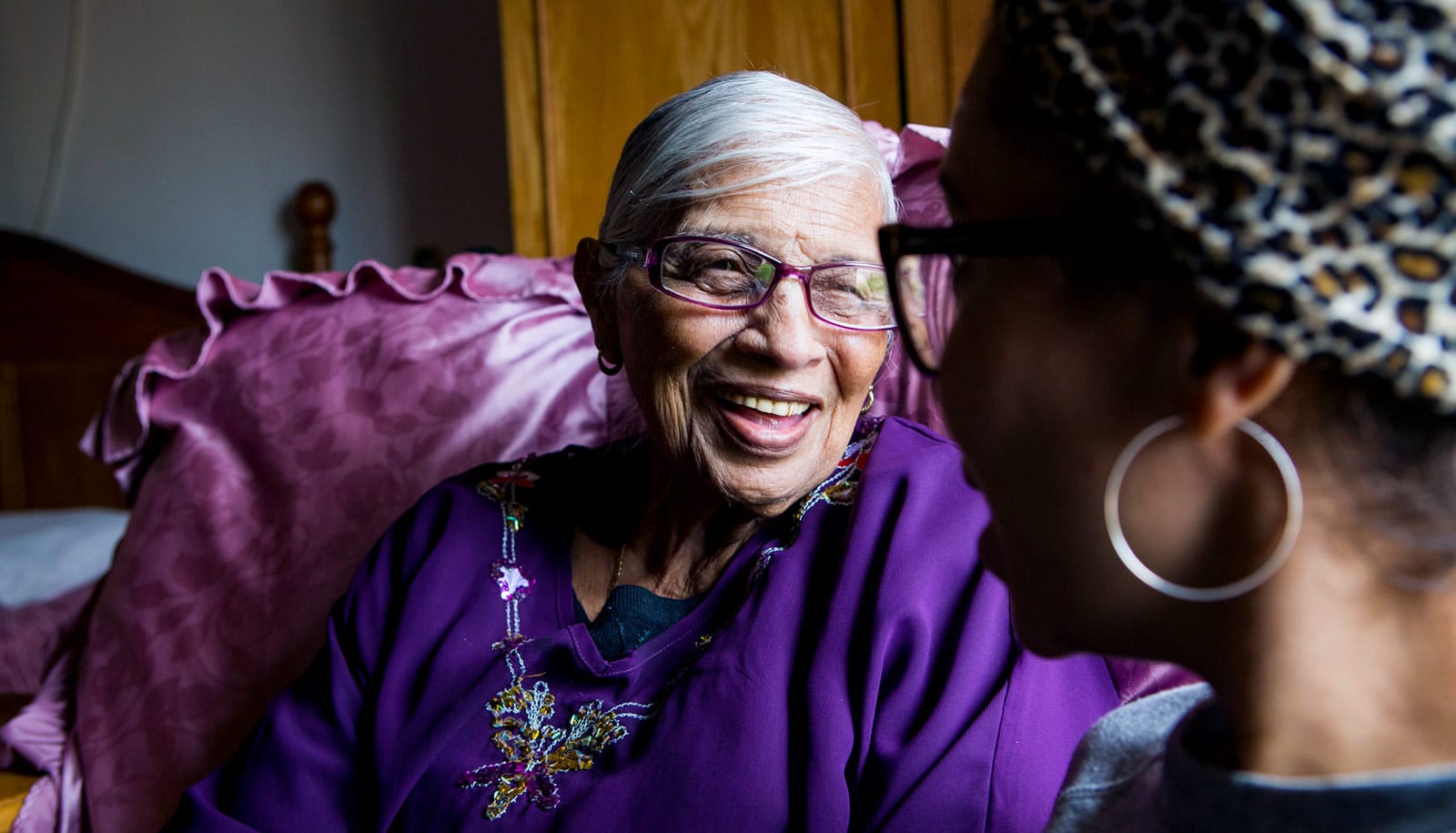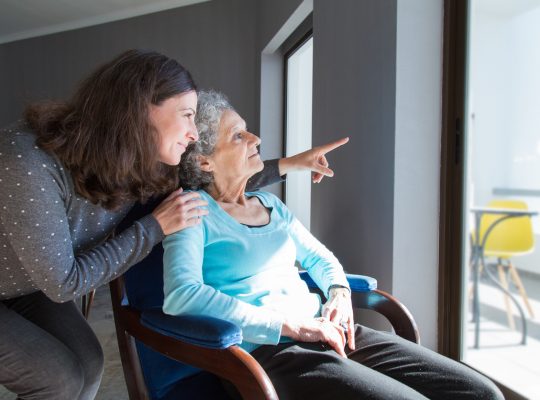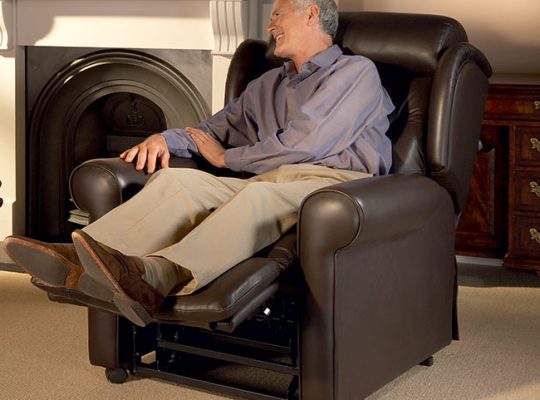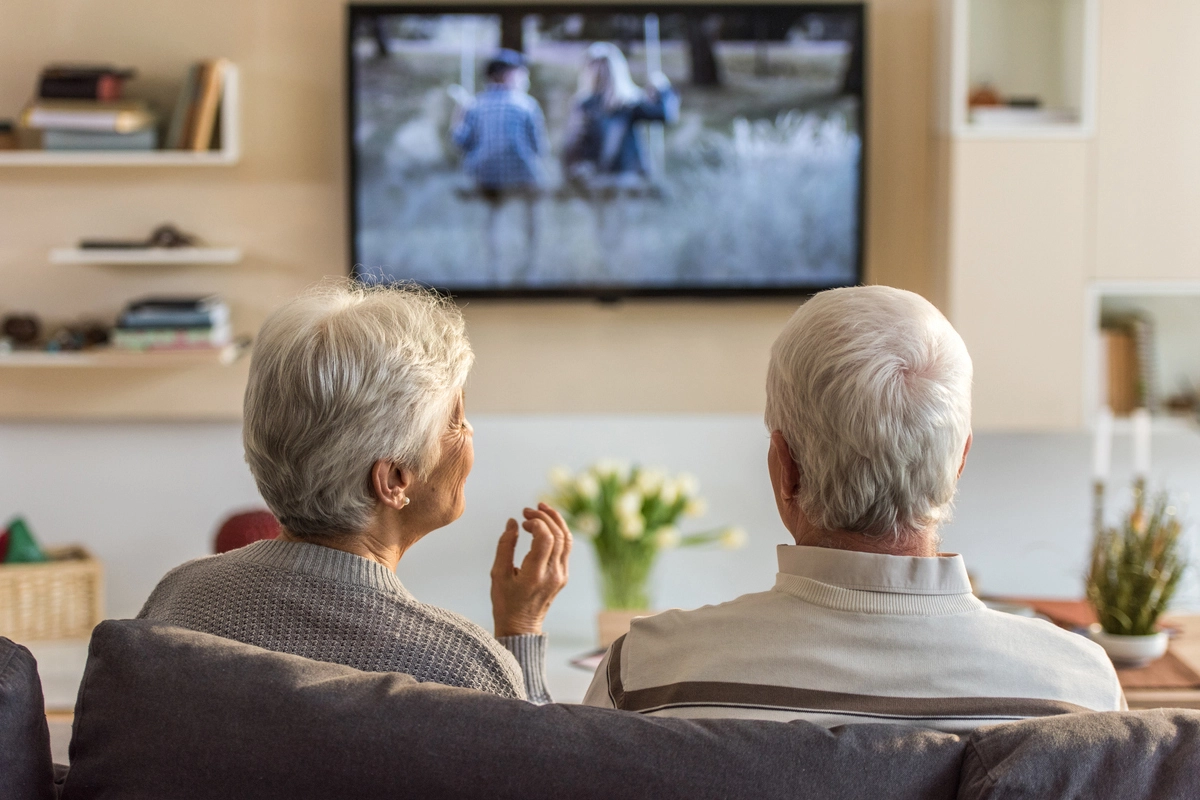Do you have problems holding a conversation with your grandparents? Do you find it difficult to interact with an older adult at work?
If you fall into such categories, these simple tips will help to improve your communication skills with older adults.
Tip 1: Sit Face to Face

Research shows that when doctors sit face to face with older patients, there is more and better response as they can read lips and better understand the information.
Some seniors have vision problems, while others have hearing loss. And, sitting closer and face to face with them can convey your message correctly.
Tip 2: Use the Proper Form of Address

“Don’t call me Edna, and I won’t call you Sonny.”
If you ever watched a Hindi movie, you would know that there is a set of manners when it comes to elders, which should be respected by all Indians at all costs. For instance, Indians are supposed to touch their feet as a sign of respect.
Now, such things are not practiced in Western countries, but remember that when you are talking with an elder, it is important to use a formal tone. For example, always use Mr., Mrs., Ms., and so on.
Tip 3: Make Eye Contact

You must have heard it often: eye contact is the most direct and strong form of body language during communication. It is that one element that can have a significant impact on your audience.
A positive eye contact can:
- Create a positive and comfortable atmosphere
- Establish a connection and trust with the receiver
- Improve your concentration and hence you are able to deliver your message correctly
- Project confidence and conviction
- Facilitate engagement
Tip 4: Make Elders Comfortable

You tell me, do you think an 80-year-old can stand and talk at the same time?
If you want to have a nice conversation with an older adult, you need to make sure they are comfortably seated first. And, try to avoid having essential conversations in areas where there is lots of noise.
Tip 5: Speak Slowly, Clearly and Loudly
 You cannot talk to a senior in the same way as you do with a youngster. Elders will often have difficulty in hearing, even though most of them will not admit that they have trouble hearing or understanding what you are saying (that’s the elder “ego”).
You cannot talk to a senior in the same way as you do with a youngster. Elders will often have difficulty in hearing, even though most of them will not admit that they have trouble hearing or understanding what you are saying (that’s the elder “ego”).
Here are some tips on how you should speak:
- First of all, try to stay calm and talk in a gentle way.
- When you are talking, try to direct your speech at the person’s face, and not to their side, as it can be very confusing then.
- If required, you can speak louder.
- Avoid talking too quickly and eating your words.
- Let your tongue “dance” inside your mouth, as only then can you articulate more clearly.
- Try to keep all your sentences short and simple. And, please focus on one subject at a time.
Tip 6: Listen to What Older Adults Are Saying

Maybe it’s just your habit of interrupting people when they are talking. Not only is this considered impolite, but if you do this with elders, they might feel bad about it.
The key to good communication is listening. So, try not to interrupt and listen attentively to what the elders are saying. Once in a while, you can respond with an “okay”, “I see” and “uh-huh.”
Tip 7: Demonstrate Empathy
 There will be times where you will need to respond to seniors’ emotions with phrases like “That sounds difficult”, “That’s so sad/heart-touching,” or “I’m so sorry it happened with you.”
There will be times where you will need to respond to seniors’ emotions with phrases like “That sounds difficult”, “That’s so sad/heart-touching,” or “I’m so sorry it happened with you.”
Tip 8: Ask Questions

If you failed to understand something, you could ask questions. But, I will recommend not to keep asking questions over and over.
Tip 9: Laugh

20-year-old or 70-year-old, there’s no age for humor.
It is essential to respect seniors, but laughing and making some short and straightforward jokes might make them more comfortable and even strengthen their bond with you.
Next time you are heading over to your grandma’s place, don’t forget these tips!







[…] – Tips for Improving Communication With Older Adults; […]